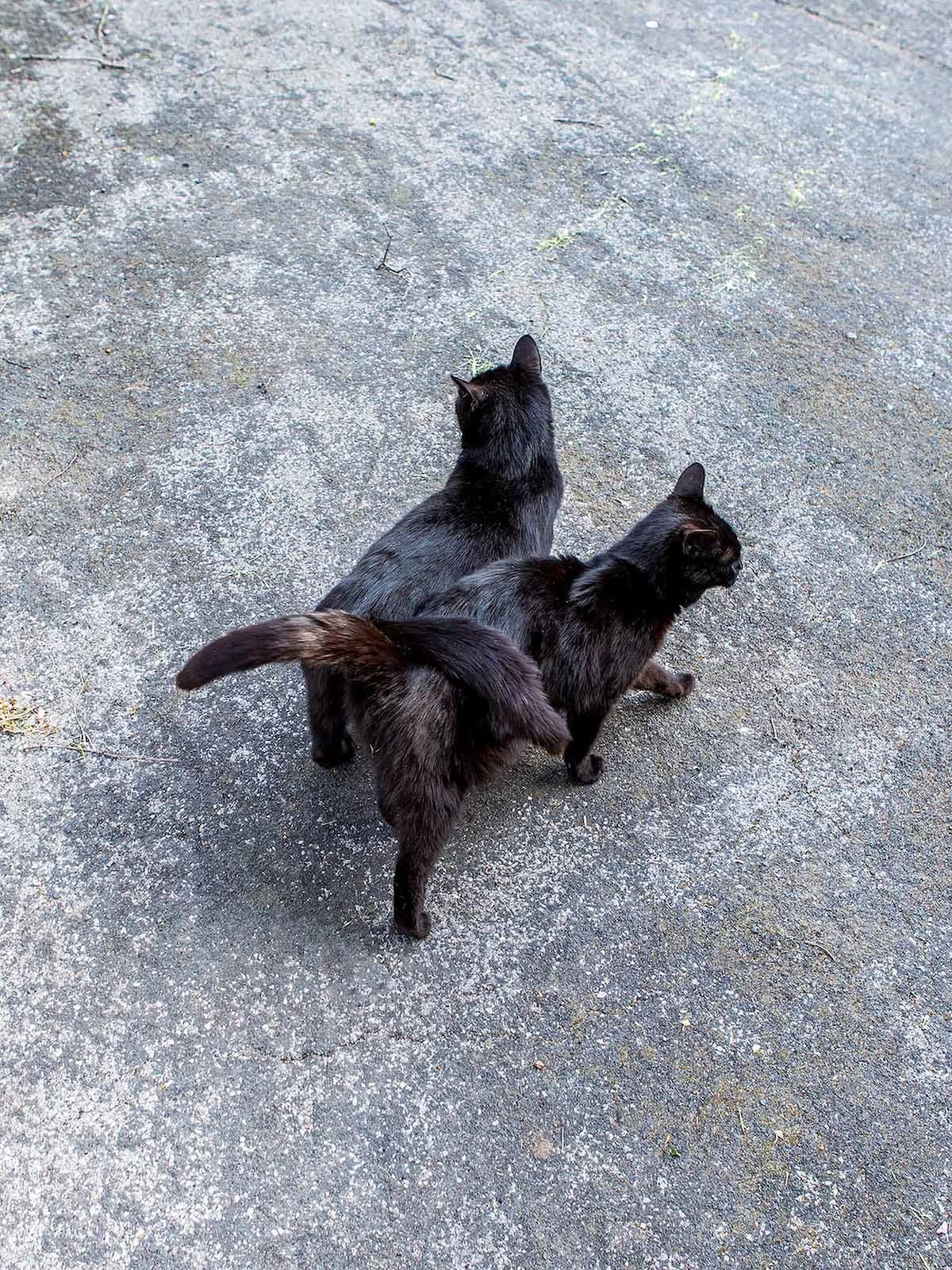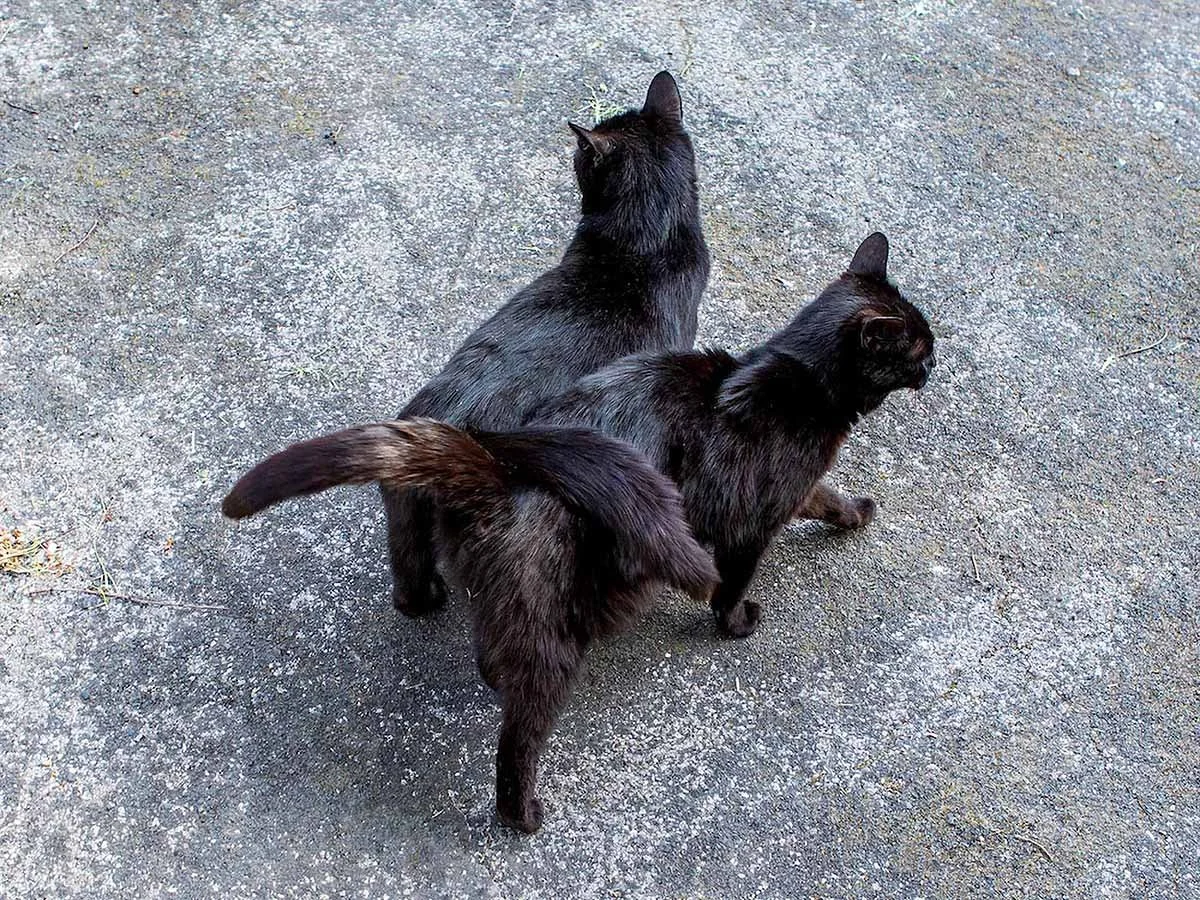
Crisis management is the reality of integration therapy, professionals say

Lisbon-based psychotherapist Marc Aixala says the reality of psychedelic integration is most clients come seeking help, having a bad time of some description.
“So my expertise is more focused on people in difficulties,” Aixala told Vital lecturer Kyle Buller on the Psychedelics Today podcast: “When I talk about integration, that’s what I’m referring to the most.”
Aixala crunched the data on years of psychedelic damage limitation. The most common issues are presented in his book Psychedelic Integration out now.
“Psychedelics teach us that the greatest healer is in ourselves”
Among the top comedown crises: anxiety and insomnia obviously; struggling to process what emerged from the experience; inner conflict with an instruction supposedly delivered from on high; actual flashbacks and HPPD; reality breakdown; plus good old edgy, lingering discomfort.
“Don’t create a need for integration in people that don’t have it”
Apportioning blame, Aixala’s figures cite lack of suitable preparation, exacerbation of existing mental health issues, dodgy healers, and what Aixala calls “Repeated intakes without integration, a new trend in which people go from experience to experience. They for instance care more about transpersonal entities, losing reality in quite a severe way.”
Of depth work, journaling, downloading-but-never-using meditation apps, and the other trappings of vanilla, middle class ‘integration’ Aixala says: “Most of the time we can do that on our own.”
The former telephone engineer adds, “I’m careful as a therapist not to create an additional need for integration in people that don’t have it. One of the things that psychedelics teaches us, is that greatest healer is in ourselves.”

Leave a Reply